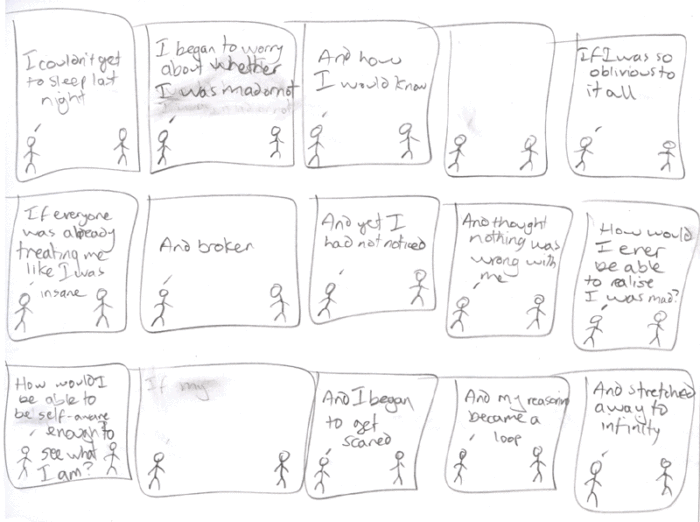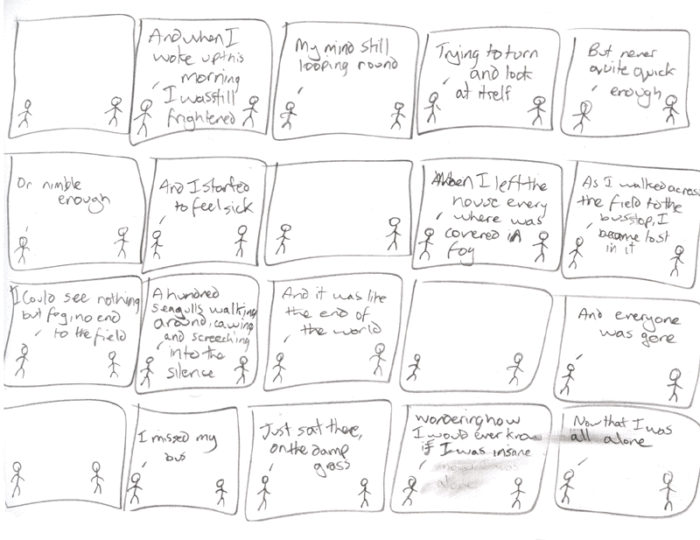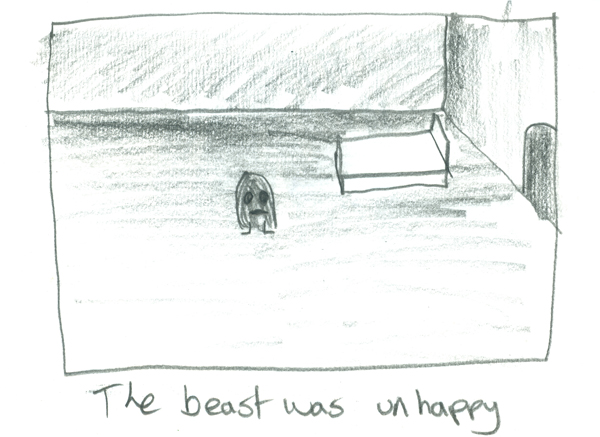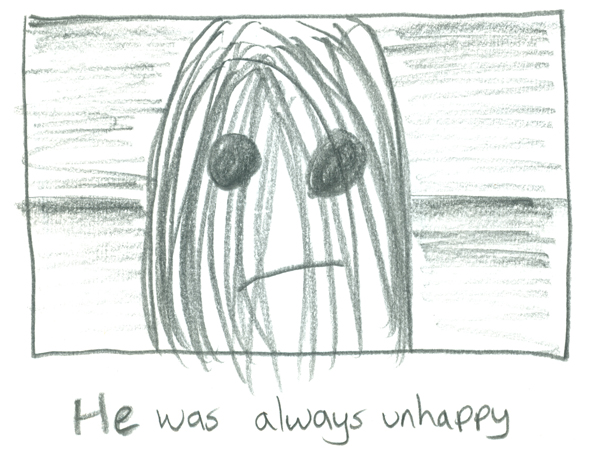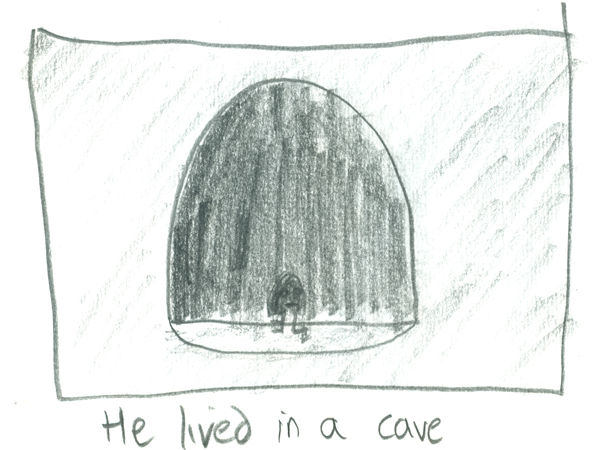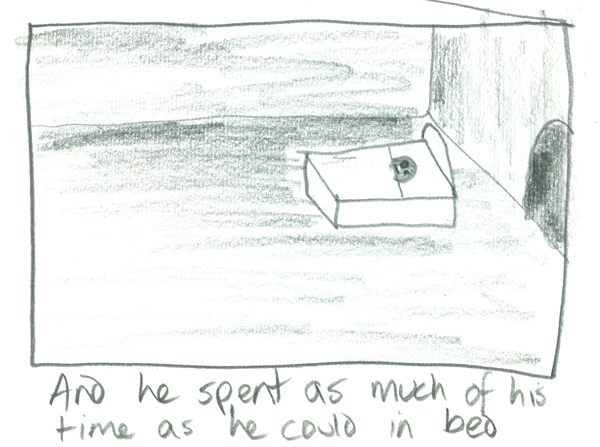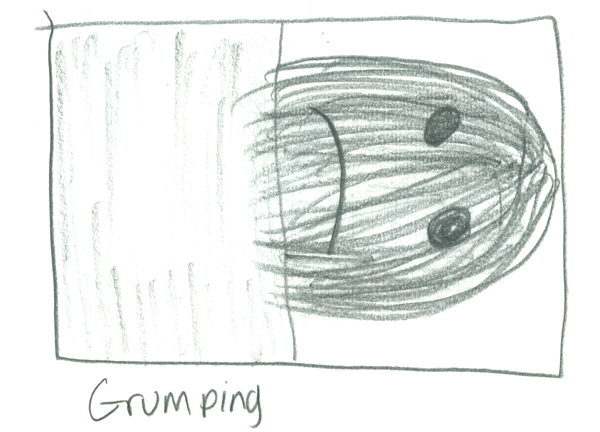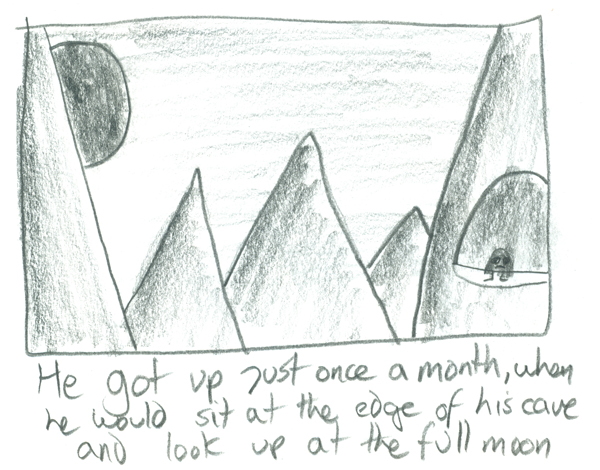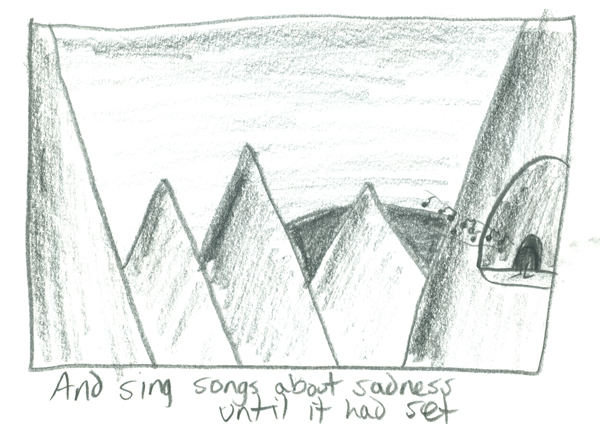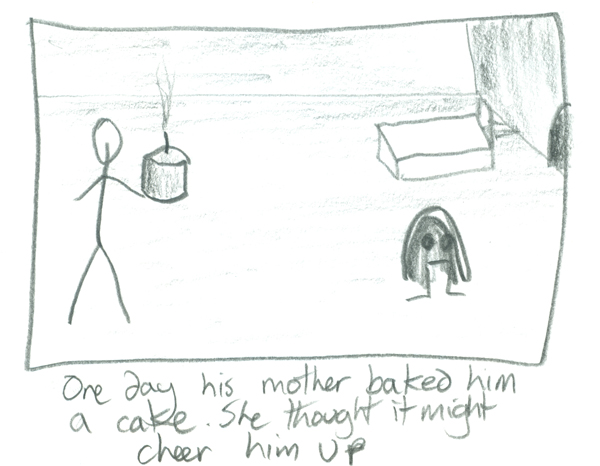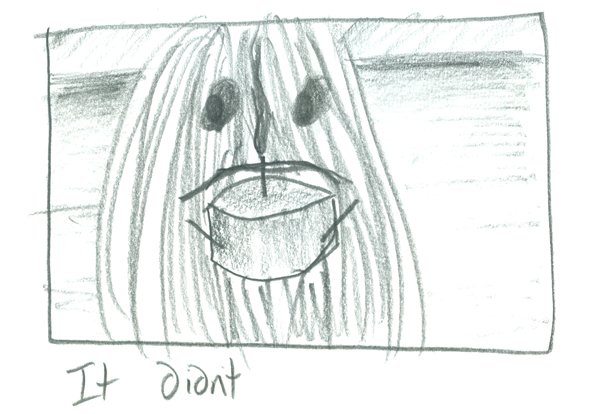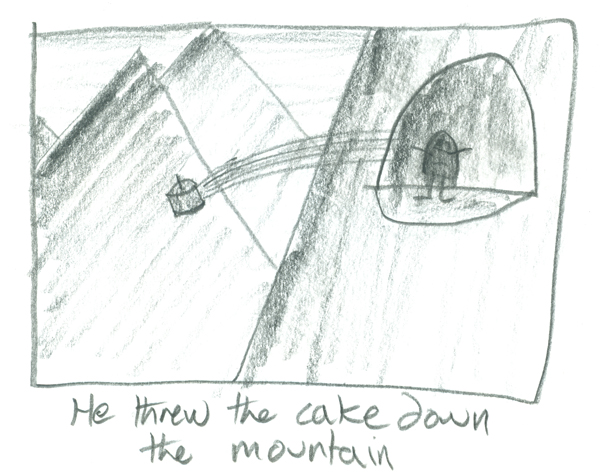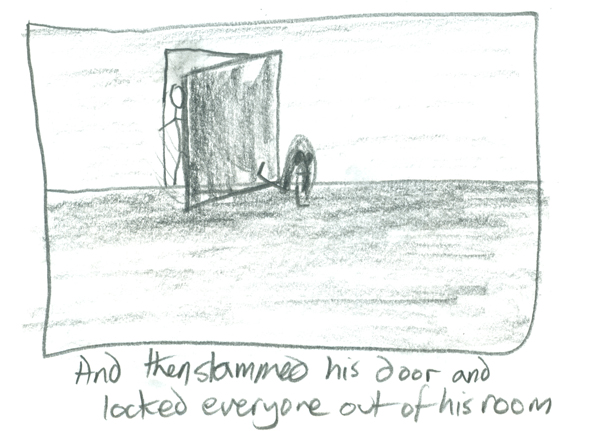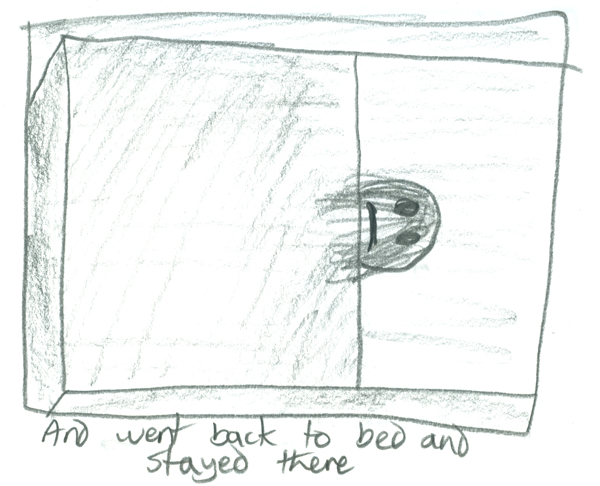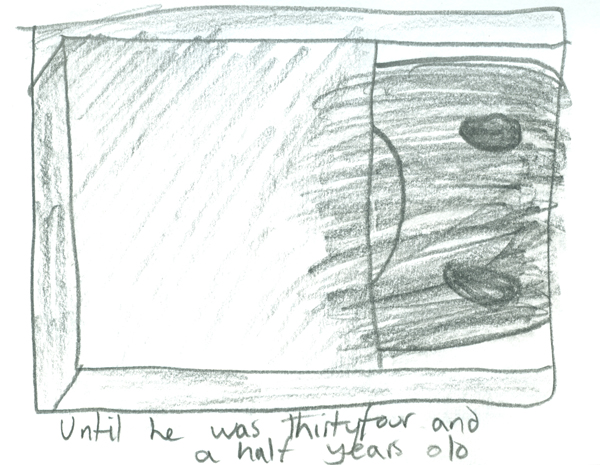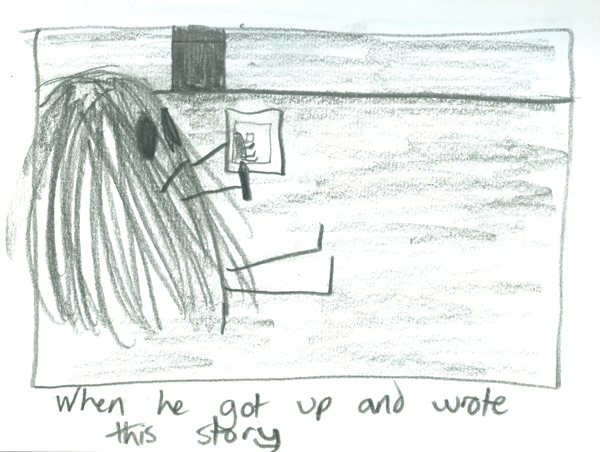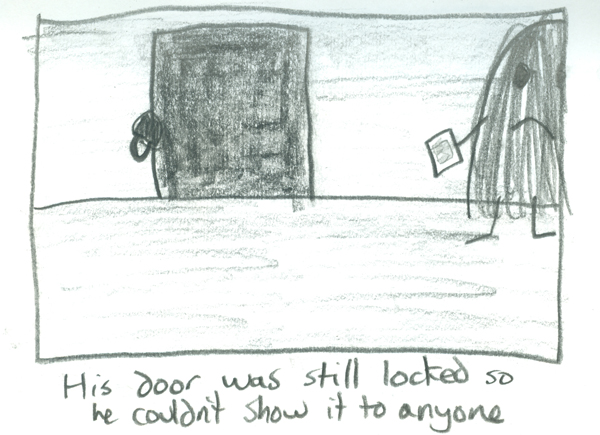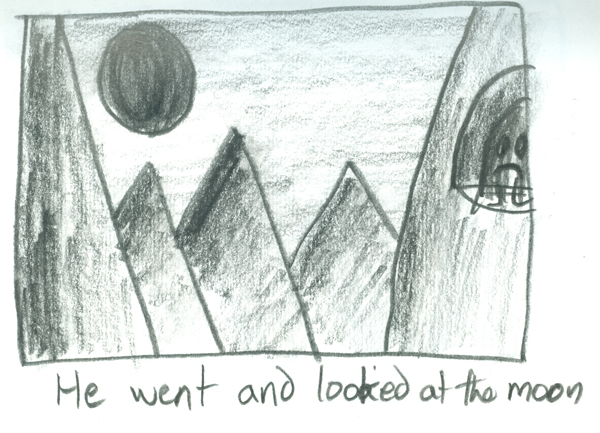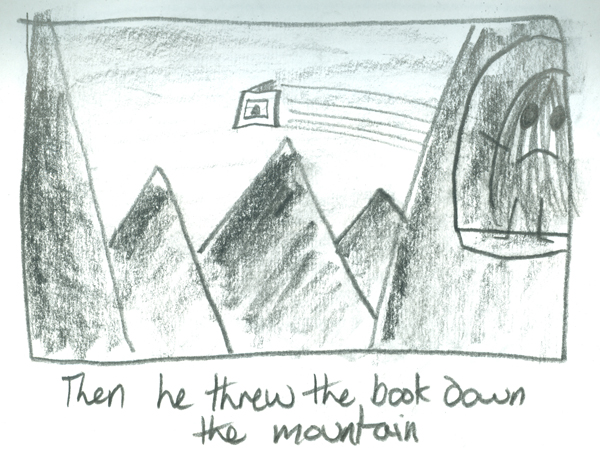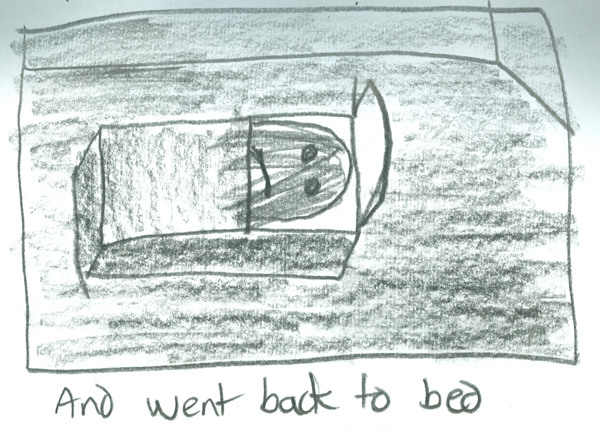One of our cats was stolen once, by the old woman who lived across the street.
It was a slow crime, committed by kindness day by day for months, maybe even years. Leaving food out in her garden, calling him over, petting him, letting him into her home and out again when he wanted, his body squeezing itself through the gap as her front door opened a crack, his tail flicking back and forth as he paused half in, half out, deciding whether to go forward or retreat. Curiosity always compelled him forward, and only on its satisfaction would he leave.
But then, eventually, curiosity claimed him completely, and he didn’t want to come out again. Or was it satisfaction that stole him? Was it kidnapping, or a divorce? Who can tell.
When I told the police she’d taken him they thought I was mad, or an idiot, needlessly wasting their time, pointlessly, hysterically. They never called me back. Never, as far as I know, even spoke to the old woman.
Even if they had she would have denied it. She did whenever I asked her, and when I shouted, when I pled.
And yet of course I could see him, sometimes, sat at her window, the net curtains rucked up awkwardly around him, looking out. Looking at me.
What did he think when he saw me. What did he think about everything he looked at out of that window, not just me or my mum but the street, the gardens and the green, the cars, the kids on bikes, the birds in the trees. All the world he used to love. That he used to rule, in his way.
Did he still mewl at the birds as he watched them through the window, imitating their cries and imitating his own, his cries of victory and pleasure at his imagined captures and conquests? Did he still purr so loudly – too loudly – in the mornings, just to let you know he was there, that he was happy to be there with you? Did he miss the summer and the sunlight, lying out in it in the dirt until he was hotter than the sun itself?
Did he miss me?
***
I tried to break in to her house once, when I saw that she’d gone out.
I edged my way up the side of her house, climbed over the fence into her back garden, tried the back door and found it locked. I looked around for something to smash a window with – a brick, a branch, anything really – and found a stone tortoise half-forgotten under a bush. I stood there, holding this absurd thing in my hand for an age, gripped with inaction and indecision. And sorrow, the sadness of rejection, of a baffling terrible jealousy I couldn’t quite understand or control.
I put the tortoise down and went home and cried and left him there in her lair.
***
We all know how it would have ended, anyway, if I had broken in. I saw it clearly through my tears. She’d have returned, found me searching in vain through her immaculate, eerily empty house. I would have stood there awkwardly before her, making my excuses and my apologies and my threats and she would have said nothing, perhaps even smiled.
And then she would have opened up her handbag and out he would have come. Him and a thousand others, a wave of cats, a torrent, raging over me and onto me, claws and teeth, fur and fury, ripping away at me, at everything I ever was, until there was nothing left of me but bones.
She picks them up one by one and puts them in her bag and no trace of me is ever found by anyone and I am as forgotten as my cat and as unmourned.
***
This was over five years ago now. I never saw my cat again, although I saw others, at her windows, in her garden, peering out from behind her legs as she answered the door to the postman or whoever.
And in my mind he slowly ceased being whole, became this memory in two parts: his tail disappearing through her front door into the darkness beyond, the door slamming shut behind him; his head staring down at me from a window as I pass by on the street below, his mouth opening in an unheard cry.
Did I ever actually see either of those things? I don’t know. It seems doubtful, in hindsight.
But they are as real in my mind as any memory of the truth.
***
Last week, the old woman died. I asked some of our neighbours about her cats, about what had happened to them, or what would happen to them, whether they needed homes or anything, but nobody knew a thing. Nobody even knew for sure if she even had any cats, if she’d ever had any.
Her house was still a council house, and she had no next of kin, or at least none that cared enough to come and take away her things. So the council have been sending people round to clear it all away, putting everything into black bags and flinging them into skips, day after day, skip after skip. A lifetime’s accumulation of things that nobody wants, nobody needs, nobody remembers.
I wonder what I would have found if I ever had gone inside. I wonder what I would have learnt if I had ever really spoken to her, ever listened, ever cared.
I wonder where my cat went and I wonder if he was happy.
***
I used to dream about him at least once a week, then, slowly, less and less.
In the dreams all those nameless, imagined cats surge forth from her handbag and overwhelm me, strip the flesh from my bones and leave me lying there on the carpet. I’m nothing more than a skeleton with a chest full of organs, a skull with eyes, a tongue, somewhere, and, somehow, still, a brain. Then they retreat and he climbs up onto me, lays down on my ribcage, looks me in the eye, purrs.
Purrs.
I try to lift my arms to stroke him but I can’t move, my muscles all torn away, these bones useless by themselves. My cat just sits there, a king on his throne, a dragon on his gold.
And he lazily dangles a paw down between my ribs and hooks his claws into my heart.
***
Last night some foxes got into the skip and ripped everything apart and now the wind has picked it up and blown it all around. Letters, old newspaper clippings, clothes, flannels, teabags, yoghurt pots, tissues, medicine packets, shampoo bottles, christmas decorations, chicken bones, photos. A single slash across the swollen belly of one black bag reveals it was filled entirely with scrunched up supermarket carrier bags, and now they blossom forth from the wound like roses, caught by the wind one by one and blown tumbling down the gutters towards my front door.
__________
Notes:
1. Written (mostly) in March 2016
2. Probably the origination of the name of this website, although it’s possible I’d used it before somewhere, too.
__________
If you like the things you've read here please consider subscribing to my patreon or my ko-fi. Patreon subscribers get not just early access to content and also the occasional gift, but also my eternal gratitude. Which I'm not sure is very useful, but is certainly very real.(Ko-fi contributors probably only get the gratitude I'm afraid, but please get in touch if you want more). Thank you!
